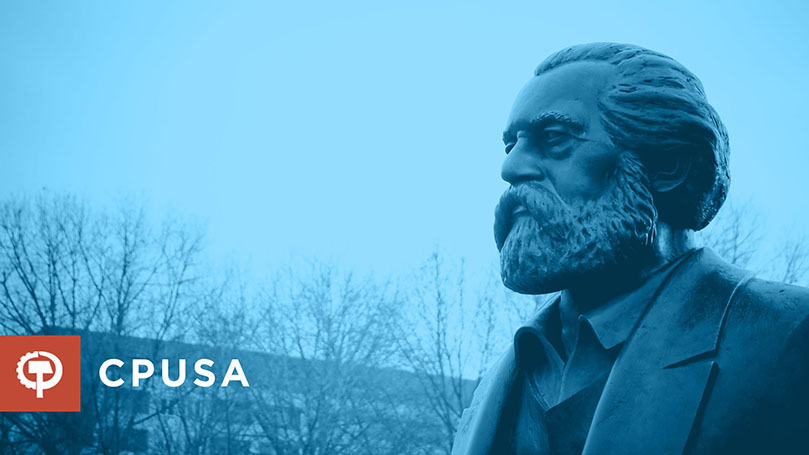
1. In The Last Jedi, Resistance Wing Commander Poe Dameron disobeys orders during an attack on a First Order ship, resulting in the death of many Resistance pilots and his own demotion to the rank of captain. Later, he organizes a mutiny against Vice Admiral Holdo, whose strategy he considers insufficiently aggressive. Which of these terms best characterizes his actions?
a. Revisionism;
b. Anarcho-capitalism;
c. Adventurism;
d. Pelagianism.
2. The film Black Panther is set in the hidden African kingdom of Wakanda—the world’s most prosperous and technologically advanced society. In the Black Panther story, what explains the difference between Wakanda and its underdeveloped neighbors?
a. Wakandan morality, which is based on self-denial and obedience to authority;
b. The fact that Wakanda was never plundered, or its people enslaved, by European colonizers;
c. An IMF-backed program of deregulation and privatization to attract outside investment;
d. Huge deposits of high-value minerals, which other African nations lack.
3. In this scene from John Carpenter’s 1988 sci-fi/horror film They Live, the main character puts on a pair of sunglasses that reveal the messages hidden in advertising and mass media—as well as the aliens who use those messages to control humanity. This scene (and Carpenter’s film in general) could best be described as…
a. Cold War propaganda, showing brainwashing and indoctrination in a communist-controlled U.S.A;
b. A satire of the ignorance of most Americans, whom Carpenter sees as addicted to consumerism rather than high culture and intellectual pursuits;
c. A warning about how immigrants are infiltrating and undermining American culture;
d. A visual representation of how people are brought under the sway of ruling class ideas opposed to their own interests–and of how they get woke.
4. Soviet director and film theorist Sergei Eisenstein spent his entire career in pursuit of a revolutionary, working-class approach to cinema. In addition to his groundbreaking work on dialectical method in film editing, he is known for casting non-professional actors in films like Strike and Battleship Potemkin. What was his reason for doing so?
a. He did not approve of professional actors, whom he considered parasites disconnected from the life of the masses;
b. Those films are about social forces, not individuals. His characters function as members of a class, so chose people who looked the part;
c. His radical, avant-garde style got him blacklisted by conservative bureaucrats in the artistic establishment, so no actor would work with him;
d. Because of the intense repression of artists in the early years of the Soviet Union, most professional actors fled the country after the October Revolution.
Check your answers, and don’t forget to sign up for Sunday’s class. Register here:
Resistance, Popcorn Edition: Zombies, Jedi, and the Fight Against Fascism
- Tags:
- Marxist IQ


 Join Now
Join Now